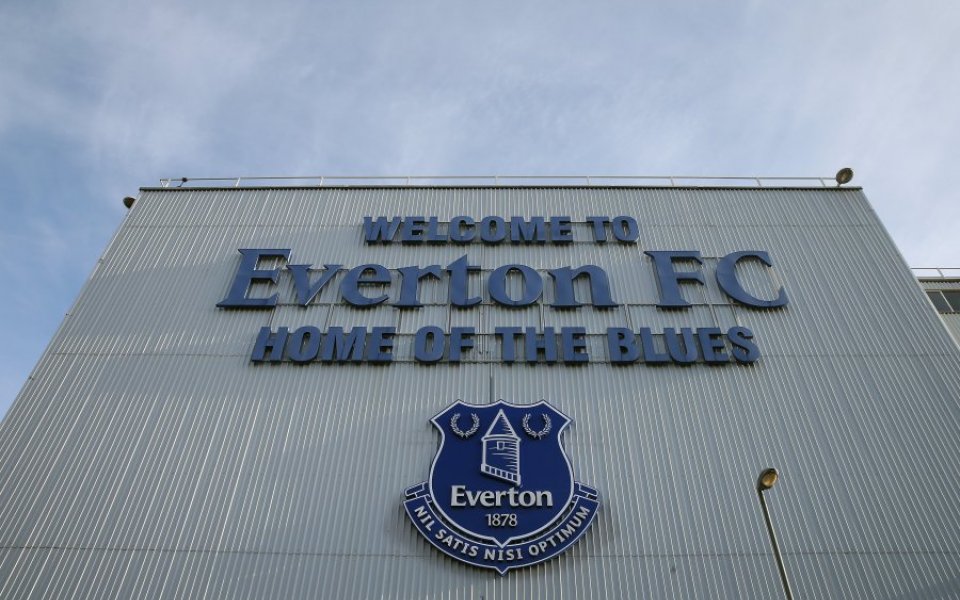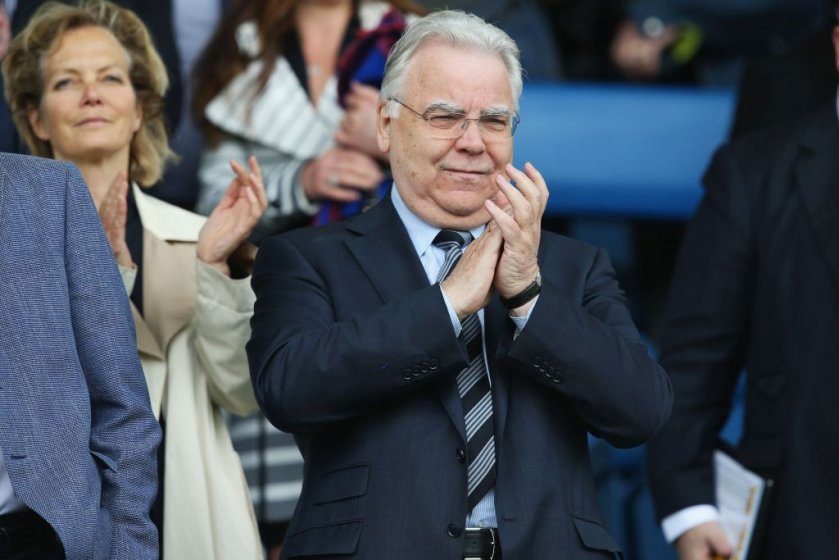Everton takeover: Are the club really worth £200m? A former director explains what Farhad Moshiri will consider

As the club’s Commercial Director, I helped Everton to achieve their aim of becoming one of the 20 richest clubs according to the annual Deloitte Football Club report. It was felt that, by attaining this position, Everton would be attractive to prospective purchasers. That was ten years ago, and they have still not found a buyer – until now, perhaps.
The speculation that John Jay Moores and Charles Noell (update: Farhad Moshiri is now considered the favourite) are in talks to acquire Everton for a quoted fee of £200m is interesting. But what are the issues in valuing a club? And are Everton worth £200m?
Everton look secure to remain in the Premier League for next season, and even if they were to come last during that season they would receive around £100m in TV monies following the introduction of a new £5bn deal. They could expect to receive the same in parachute payments over the following three years, which covers your £200m investment just from Premier League payments in this extreme scenario.
Read more: Meet the global bank helping prospective owners buy football clubs
In addition to the TV monies, the club generates monies from commercial partnerships, retail, player sales and gate receipts. The most recent set of filed accounts (2014/15) showed revenues of £125.6m, of which £88.5m came from TV monies – that is a high percentage of income reliant on TV.
So, a prospective owner has to take a view on the likelihood of the TV monies being drastically reduced through relegation. Everton has always been a member of the Premier League, and this is a positive sign for a prospective purchaser. Indeed, there is a commonly held view that the next round of Premier League TV rights negotiations will bring even higher returns for clubs.

Many fans have called on Kenwright to sell the club in order to help it progress (Source: Getty)
Commercial revenues for 2014/15 were £10.4m, and gate receipts £17.9m. These look low relative to the TV monies and the question for any prospective purchaser is whether there is any ‘headroom’ to significantly increase these figures. A US-based owner might feel that he/she could develop the Everton brand (by leveraging its membership of the Premier League) to build commercial revenues outside of the UK. Everton are not prevalent in key markets outside the UK, and the £10.4m provides limited headroom for further UK development of commercial revenues.
There was a lot of discussion when I was at Everton about the Goodison Park stadium. It was previously felt that there was little expansion opportunity with the stadium which prohibited ticket and hospitality revenues and the club still has extremely limited hospitality options. When this debate started over 10 years ago, the commercial and stadium revenues were a much higher percentage of the total revenues for the club. Now, gate receipts are less than 1% of total revenues. How many more tickets and how much more hospitality would Everton have to sell to cover the cost of building a new stadium? It is a difficult decision for a prospective purchaser.
Everton has debts of £32m and there will need to be provision for these in any acquisition. Will these be maintained, will they be cleared, or will they get bigger? The prospective purchaser will have their own view on the post-acquisition balance of equity and debt (although the Premier League might have a somewhat different view), and the value of the real estate and intangible assets (the players) will feature in the price being offered for Everton and in the purchaser’s risk analysis.
I have been involved in buying and selling a number of football clubs and have seen prospective purchasers struggle to value players. Many Premier League clubs simply put the price paid for a player on their balance sheet. This can be a nonsense – for example when a player comes through the club’s academy. I have worked over the last year at Cantor to overcome this problem by developing a player valuation model that puts a monetary value on the player’s contribution to the team. This was developed with prospective purchasers in mind, so that they have a means of comparing the player’s ‘value in use’ with his ‘value in exchange’ and then can seek to pay the right price for the club.
Is Everton worth £200m? Probably. However, given the revenue structure of the club, there would be a huge impact if Everton were relegated. A US-based owner would have to be comfortable that it could build commercial revenues significantly (in the US or elsewhere) to negate the massive loss of TV monies from such a scenario.